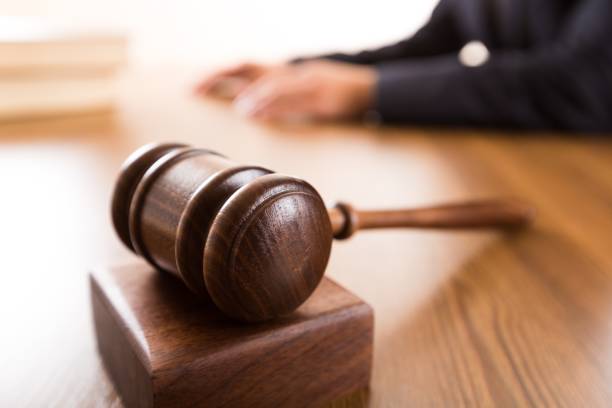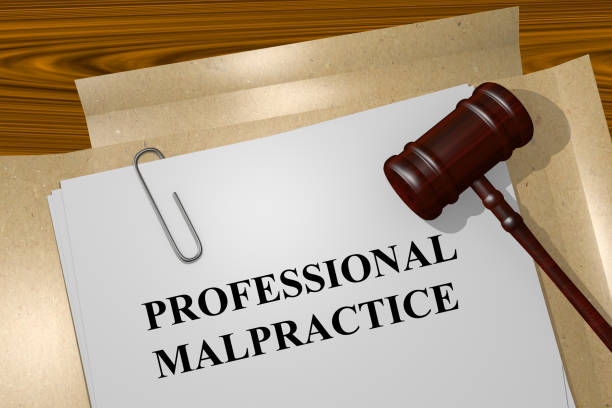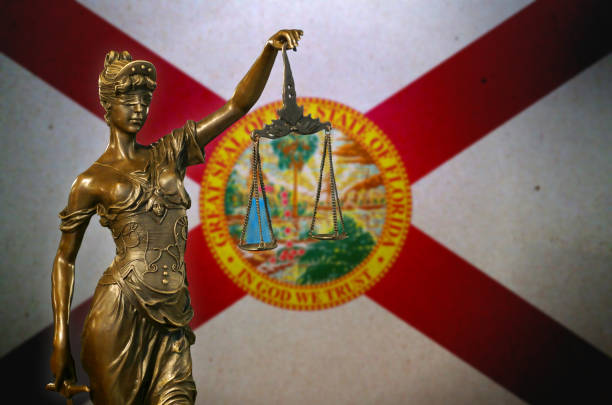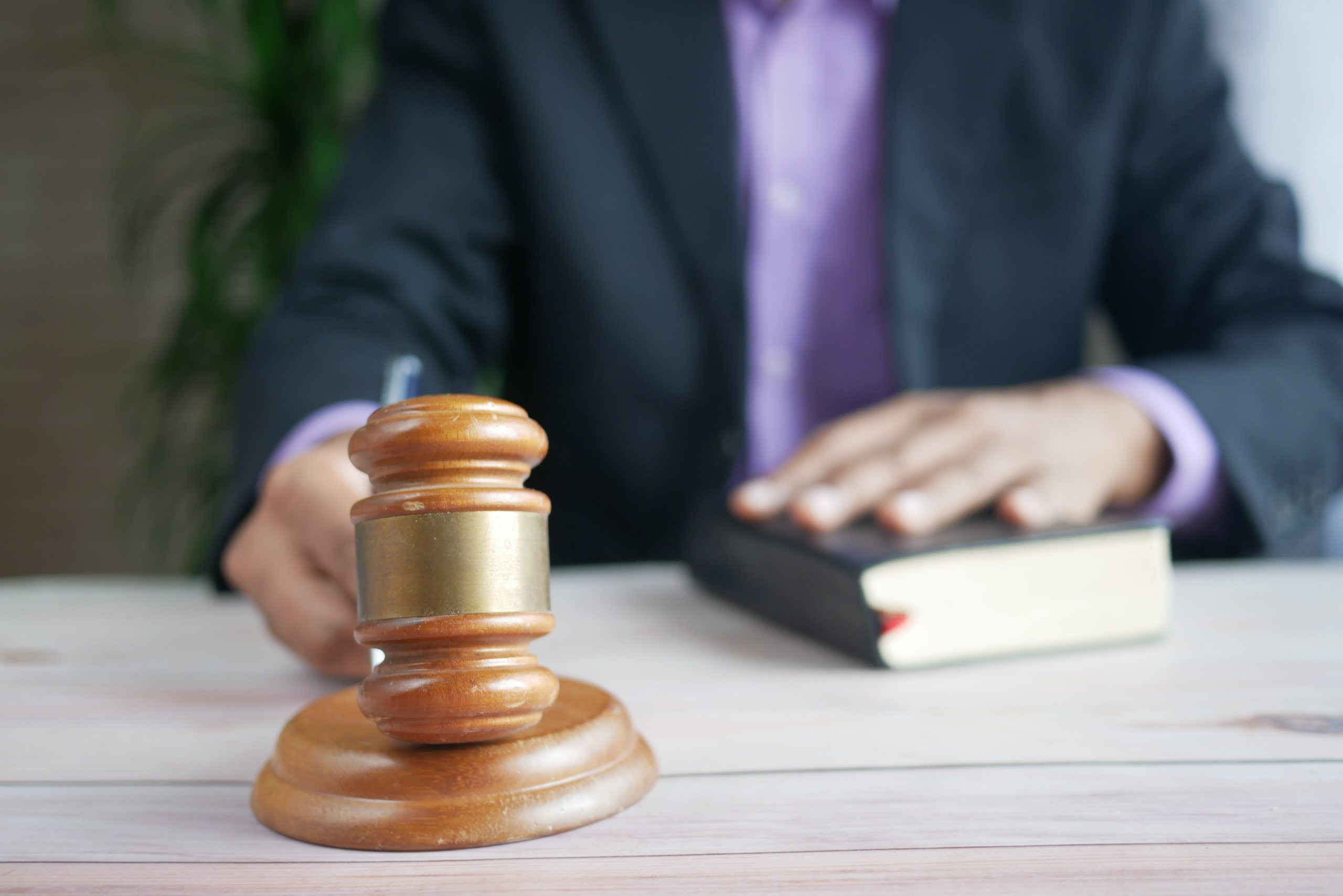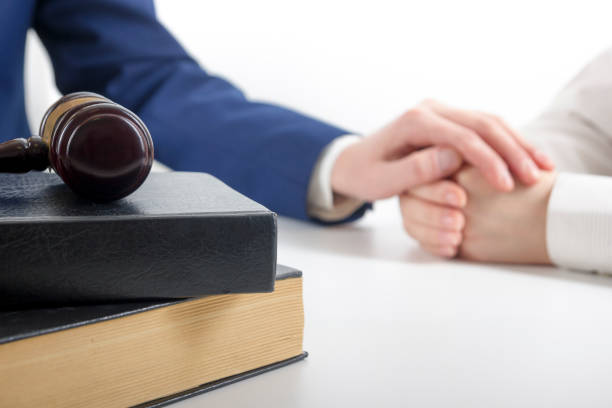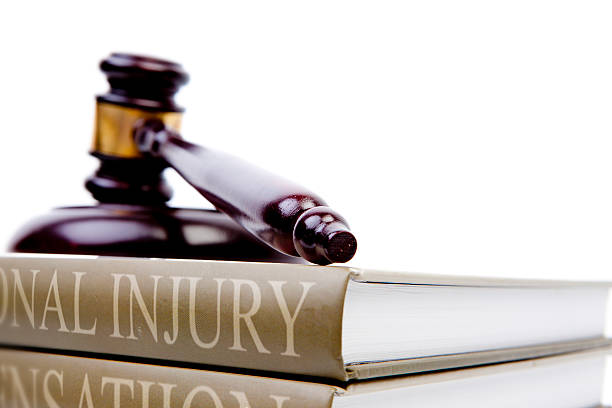Contributory negligence could affect the amount you are awarded for personal injury. If you’re found guilty of contributing to your own injury, you could contribute to the cause of your own injury and you are found to be at fault, you might not be eligible to receive any money against the person who caused your injury, and the amount you receive could be diminished based on your level of responsibility.
Here are some of the ways contributing negligence could affect your personal injury settlement:
Barred from recovering: In some states, contributory negligence can be an absolute defense. This means that if you’re discovered to contribute by any means to the accident, you could be denied settlement by the defendant.
Compensation reduction in other states: the concept of contributory negligence can be viewed as a defense to comparative fault and your compensation could be reduced depending on your level of blame. For instance, if you were found to be 25% blame for the injury and your compensation could decrease by 25 percent. Refusing to accept responsibility for the fault of others can make it harder to establish negligence in personal injury cases. The defendant could claim that your negligence caused the injury or accident, which could make it more difficult to pursue legal proceedings and diminish the chances of obtaining all damages.
The impact on settlement negotiations: The contributory negligence of a party can affect settlement discussions. If the defendant is aware that you could be partly responsible for the injury the defendant may not be inclined to negotiate an acceptable settlement. This could prolong legal proceedings and make it difficult to settle the matter.
In short, the contributory fault of a person can have a major impact on the settlement you receive for your personal injury. To ensure that you have the best chance of receiving full compensation it is essential to partner with an experienced personal injury lawyer who can assist you in navigating the law and arguing to protect your legal rights. Darfoor Law Firm, one of the best in Florida will guide you with the best course of action.
If you are struggling, hurt, injured, or suffering due to contributory negligence, call us at 1-833-DARFOOR to schedule your free consultation and case evaluation. We are always here to help you.


